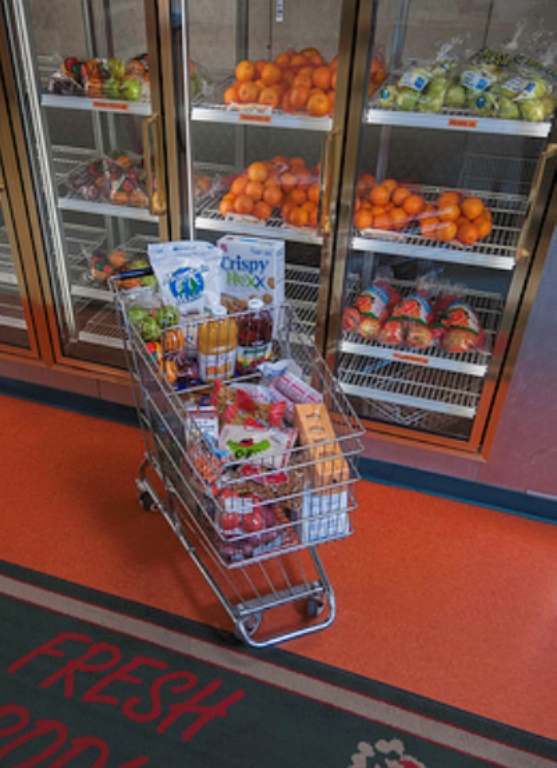"Be informed about eating to live a healthy life"
February 6th, 2015 Nutrition and health are inter-related, writes Lyn-Marie Blackman, 28, a Commonwealth Correspondent from Barbados, who says informed and careful food choices can have far-reaching benefit.
Nutrition and health are inter-related, writes Lyn-Marie Blackman, 28, a Commonwealth Correspondent from Barbados, who says informed and careful food choices can have far-reaching benefit.
“Let food be thy medicine and medicine be thy food.”-Hippocrates
As long as mankind been on the earth we have always had the innate desire for food. Across the globe we all consume food, whether it is fruits and vegetables or fast food.
However, despite this fact of life, what we are consuming daily does affect us. We need food to survive but what you are putting in your mouth can either enhance your life or be detrimental to it.
Cancers, diabetes, stroke, and heart disease are just a few of the many maladies that can arise from poor dietary practices. They are the body telling the individual “You have been poisoning me with junk food and I am now fighting to get well”.
The human body is comprised of countless cells and organs that need nutrients in order for them to execute their necessary functions. Many individuals, although being aware of what the body needs, insist on poisoning it daily with too much fast food, trans fat foods, high sugar foods and salty foods. All of these are filled with preservatives, which can cause damage to precious cells and organs in the body thus putting one’s health in the red.
In various parts of the world many consider malnutrition to be the lack of food, but is that really the definition? I see malnutrition not as how much food is on one’s plate but as the quality of food that one is eating. Someone in Africa can have a handful of natural plants plentiful with iron, calcium, and other nutrients everyday and still be a lot healthier than someone in a home in the Caribbean, feasting on white rice and chicken.
Therefore, I encourage every reader to make healthier choices when selecting food. One should look at whether their fruits and vegetables are organic next time they go to the market. Look at the snack choices you are making, learn to read food labels, and pay close attention to your cooking techniques. Replace white rice, flour, and bread with whole grains; eliminate fast food from your diet; drink plenty of alkaline water and exercise more. Bon appétit!
photo credit: 20130425-FNS-RBN-6334 via photopin (license)
…………………………………………………………………………………………………………………
About me: I am a conservative and articulate individual with an innate desire to see love, peace and unity triumph. My interests lie in medical research. I enjoy researching medical news from around the world and reporting it in my monthly newsletter entitled L.I.F.E.
I love biomedical science and believe it holds the key to a healthier society. I aspire to become a medical researcher and writer. My focus now is obtaining more exposure for my newsletters: L.I.F.E. and The Believer.
…………………………………………………………………………………………………………………
Opinions expressed in this article are those of the author and do not necessarily represent the views of the Commonwealth Youth Programme. Articles are published in a spirit of dialogue, respect and understanding. If you disagree, why not submit a response?
To learn more about becoming a Commonwealth Correspondent please visit: http://www.yourcommonwealth.org/submit-articles/commonwealthcorrespondents/
…………………………………………………………………………………………………………………




